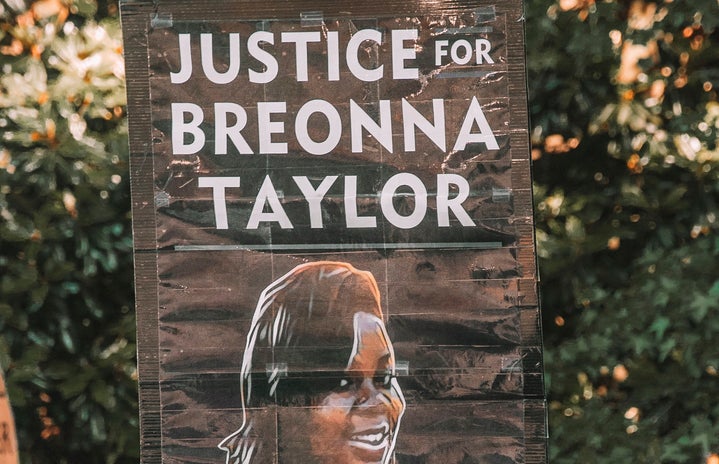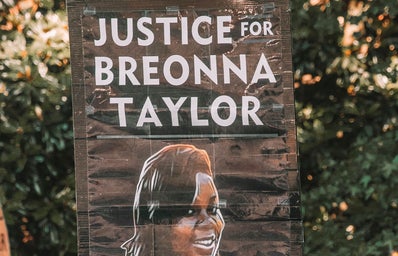Despite the deaths of Breonna Taylor, George Floyd, and Amaud Arbery, the courageous conversations and important reflections on racial and ethnic bias directed at the black community are nothing novel or revolutionary. These discussions were occurring years before the murders of Breonna Taylor, Trayvon Martin, and George Floyd, and countless others. However, as we scroll through Instagram stories and our Facebook feeds, it can be easy to become numb or complacent in our actions, whether intentionally performative or not. It’s amazing to see how many white allies are becoming aware of these issues, but many who have continually worked to promote racial equity, have questioned if this allyship is lasting and not just trending.
Hundreds of companies, organizations, and institutions have embraced the black community, pledging to end racial injustices and committing to equity. Yet their words seem empty without actions to reverse the systemic abuse black and brown people have faced for hundreds of years.
Growing up in wealthy, liberal community, I always perceived my hometown as what many would describe as “woke” and “progressive”. However, our wealthy, liberal and predominantly white community continues to place ourselves on a moral high-horse by voting for progressive candidates. Conversely, when it comes to our community, there are still strong relics from the ethnic and racial redlining that first occurred at the beginning of our community’s construction.
When issues appear in our education or professional environment that have to do with racial injustices, institutionalized racism, predominantly white institutions rush to say they are standing in solidarity, however, many continue to wonder what changes will actually come into fruition.
Many have claimed that the conversations that are happening surrounding race, particularly anti-blackness cause white people to shut down, so these conversations “shouldn’t happen”. I whole-heartedly disagree with this statement, as do many black and brown activists advocating for racial equity. These uncomfortable conversations need to happen as often as possible and for that of you willing and eager to be a part of this movement here are a few tips.
RECOGNIZE & LISTEN
As a white person, I must first recognize that the systems I participate in are inherently racist and built to benefit white people like me. I must take my perspective and work to gain knowledge through conversations, reading, and media consumption, that being said asking a black or brown person to speak for their entire race’s experience is very problematic. White people need to start conversations with other white people surrounding race to better understand our underlying biases.
REPARATIONS
Reparations come in many forms and as a person who has researched race and anti-racism in both an academic and community setting, reparations are a necessary way to move forward and support BIPOC communities. There are many community centers, mental health support, legal support networks, and groups dedicated to uplifting black and brown communities. That being said, donating money, time, and resources to BIPOC communities shouldn’t erase white guilt, rather it should be used to support anti-racism work.
SPEAK UP
When white friends or family members spout racist micro-aggressions, it is important that it is addressed relatively quickly so that the person can learn from their mistakes. If a professor is openly using racist rhetoric, as a white ally it is your duty to address these issues to create a better environment for your BIPOC peers. Instead of calling campus safety on someone, talk to people. Calling law enforcement subjects BIPOC to a system that was built to hurt and abuse them.
Remember that this isn’t a trend. This is only the beginning and we must take this fight seriously to changing our communities for the better. Black, brown, and indigenous people have been subjected to mental, physical, and emotional abuse for too long. It is long overdue that we join together to work towards becoming an anti-racist community, by being reflective, active, and direct in addressing the racial inequities etched into the structures of our communities.
Films: When They See Us, 13th, Dear White People, Fruitvale Station, Just Mercy, and The Hate U Give.
Books: We Were Eight Years in Power, Just Mercy, The New Jim Crow, Women Race and Class, How to Be An Anti-Racist, Americanah, Invisible Man, Between the World and Me, and White Fragility.

